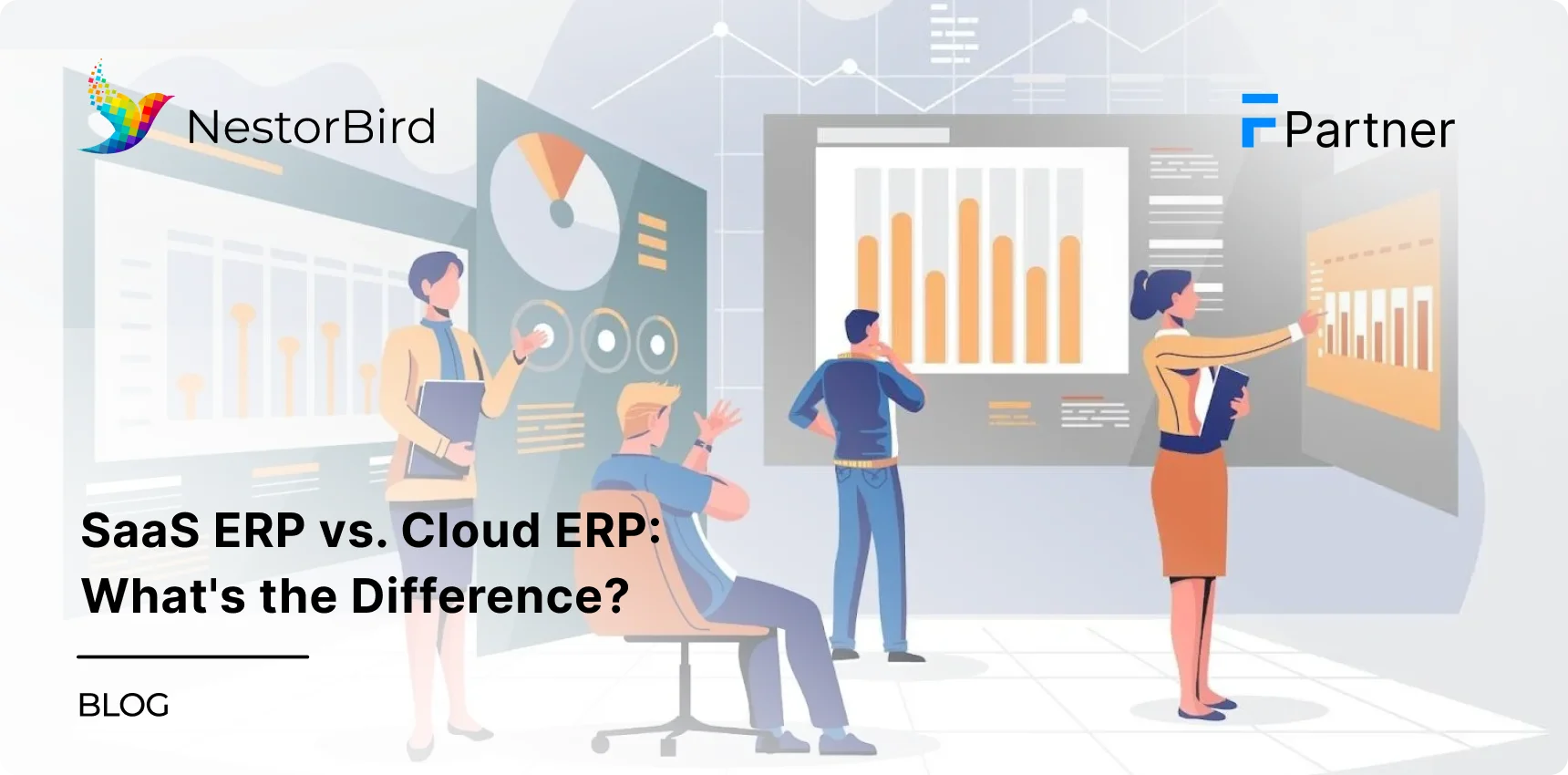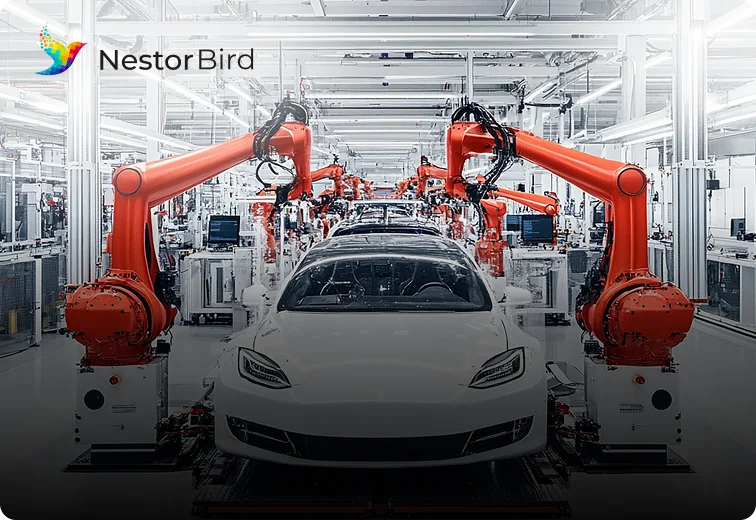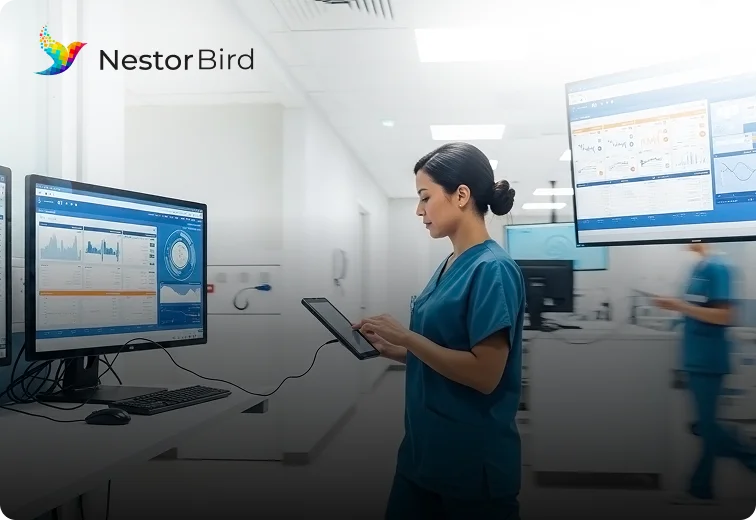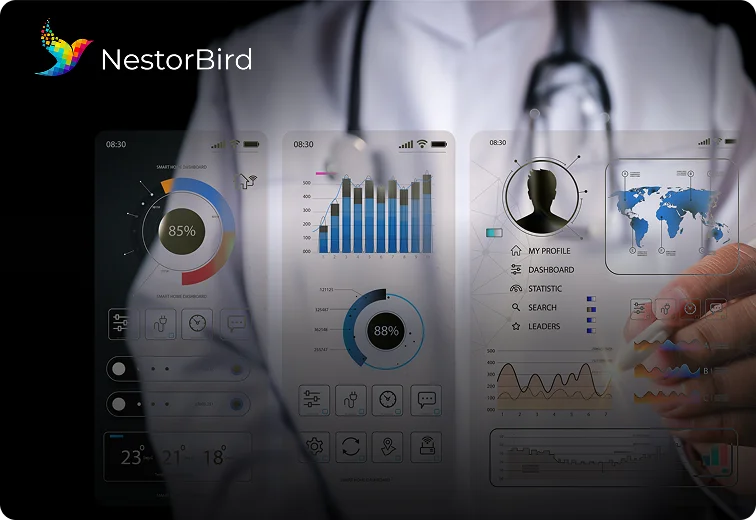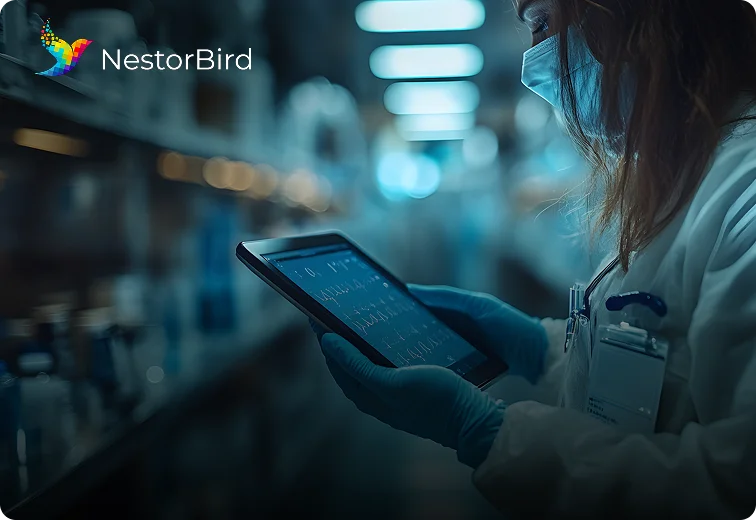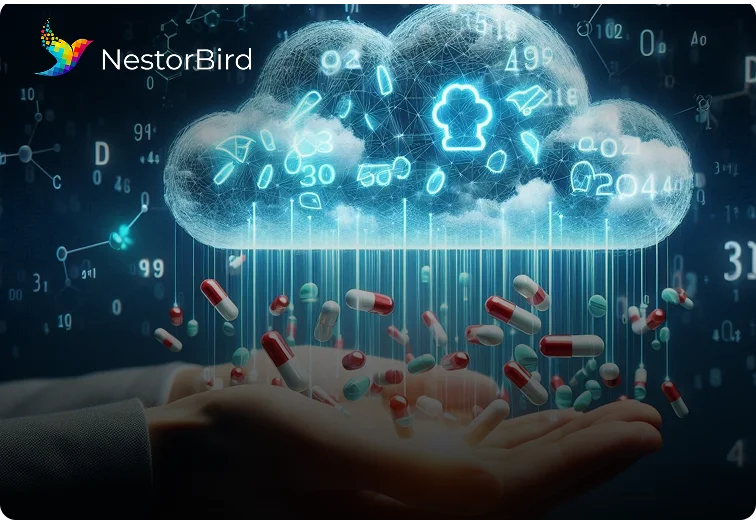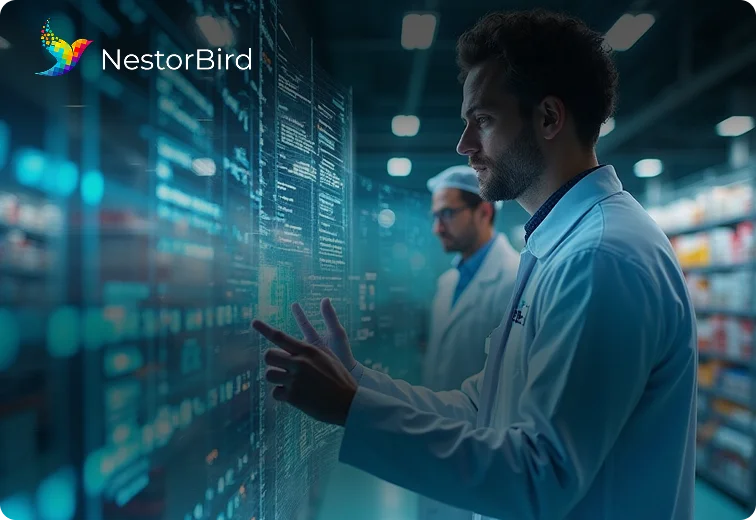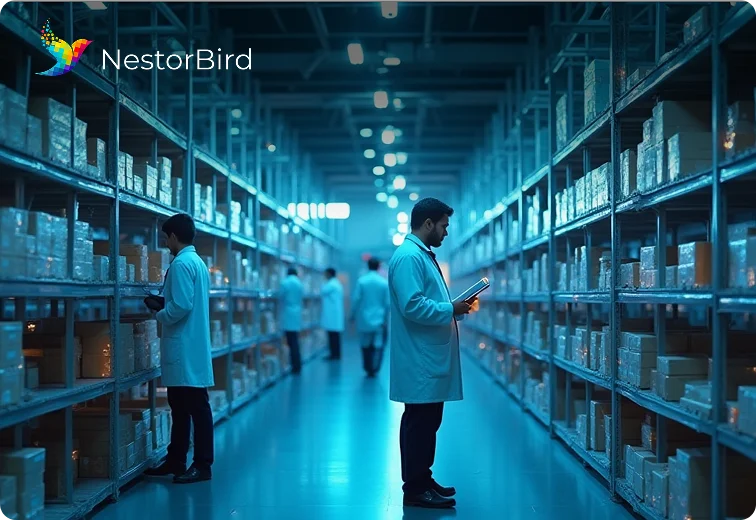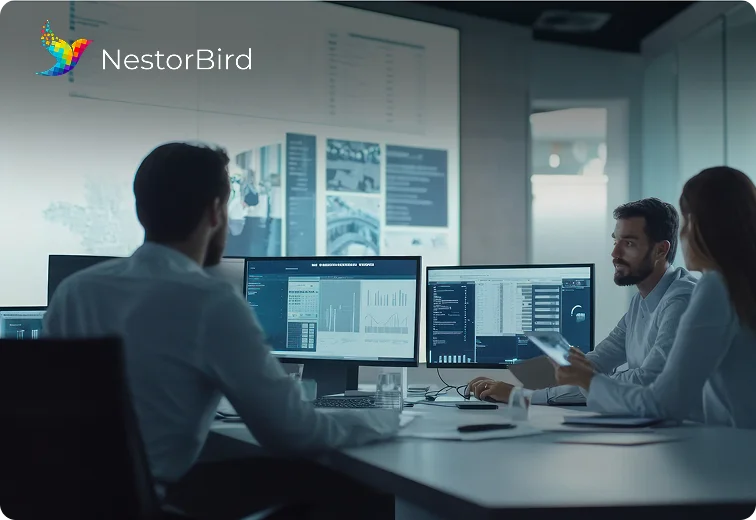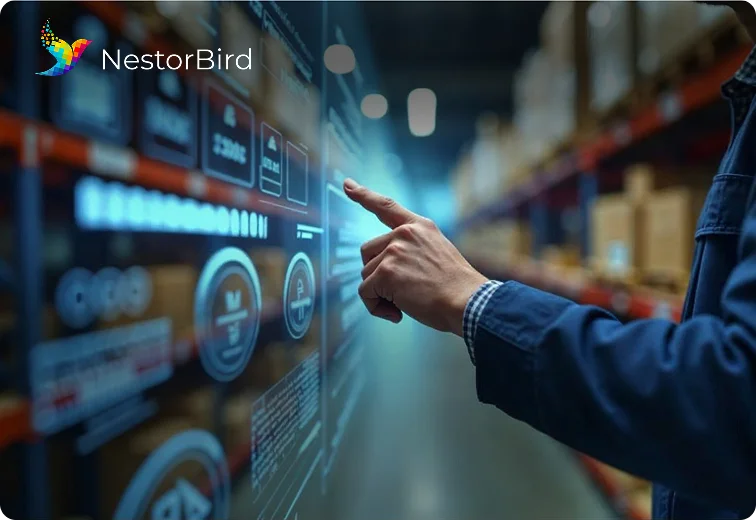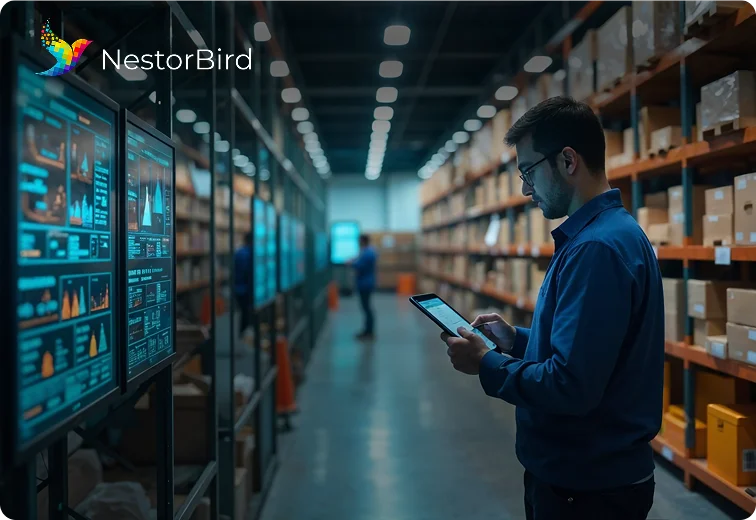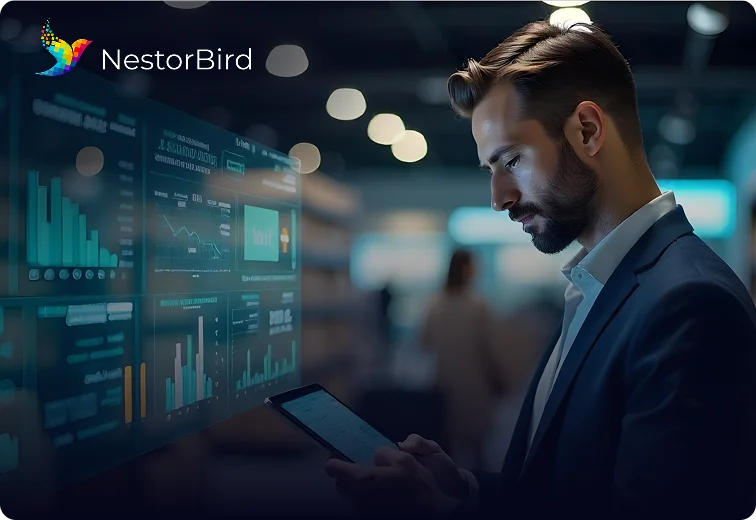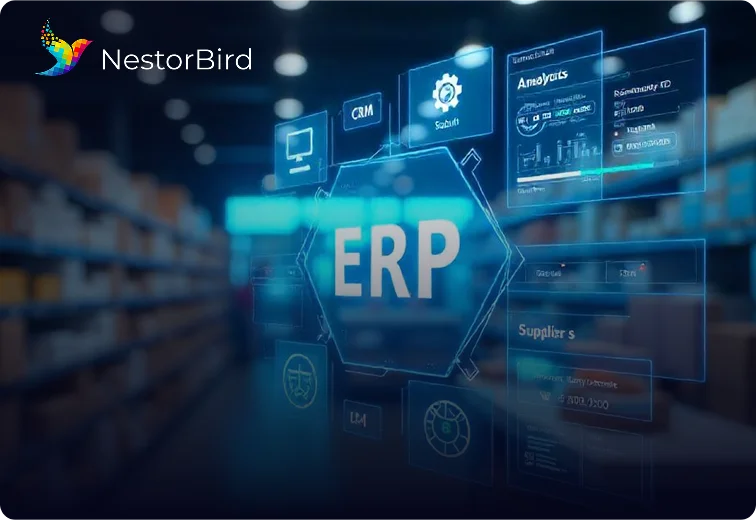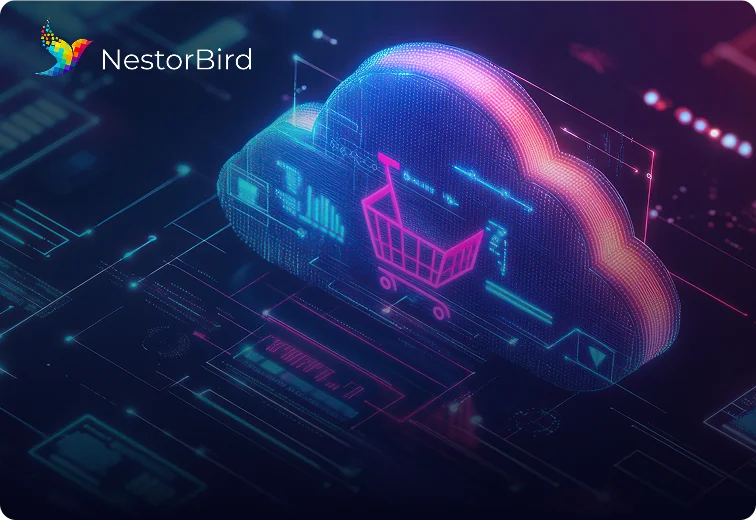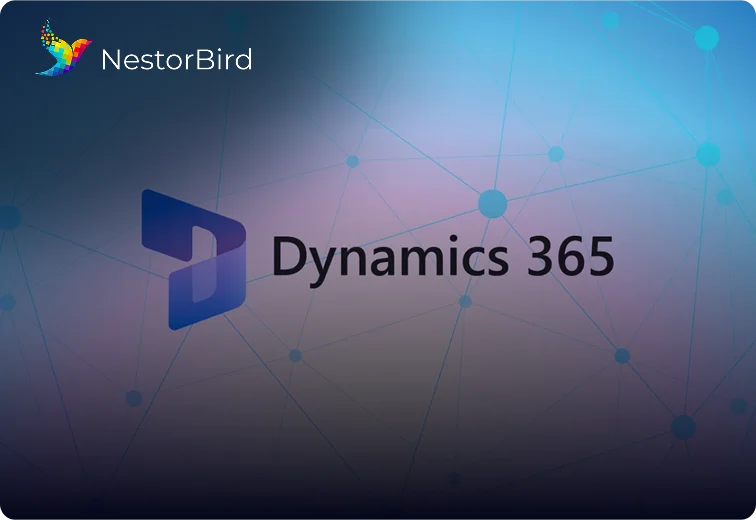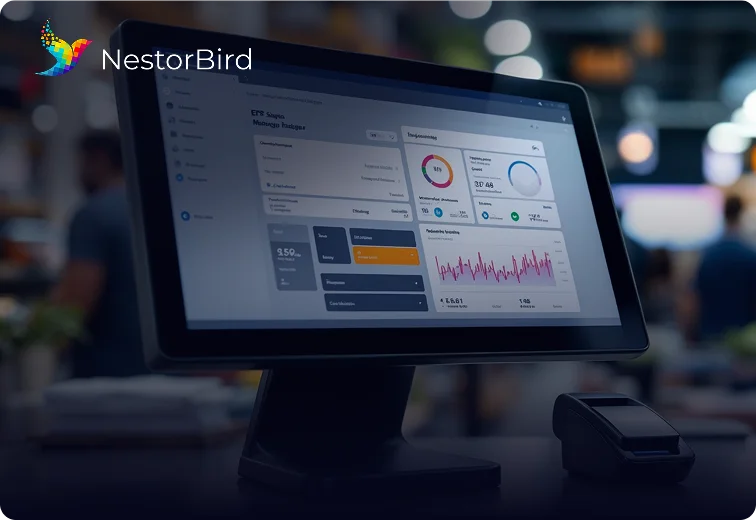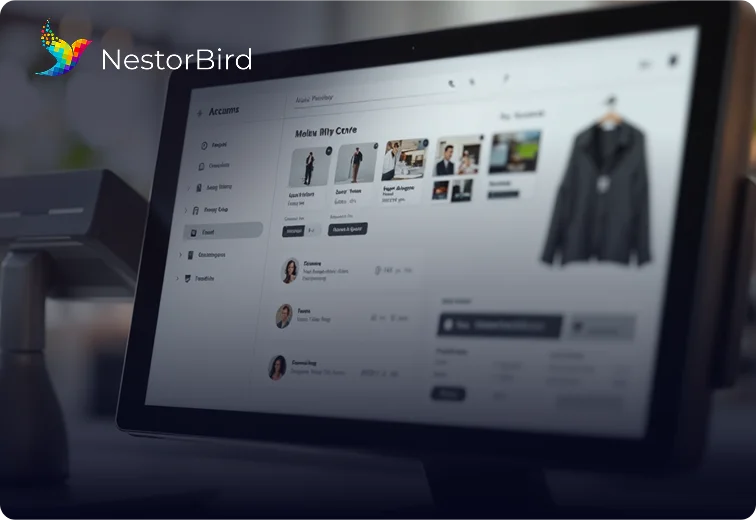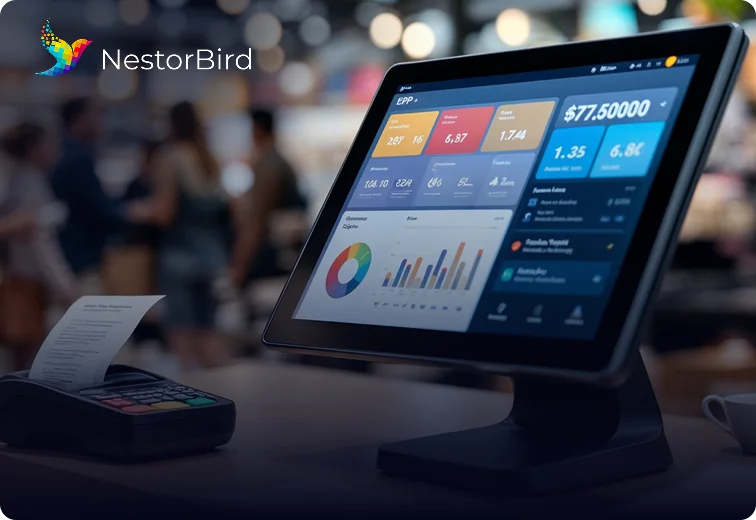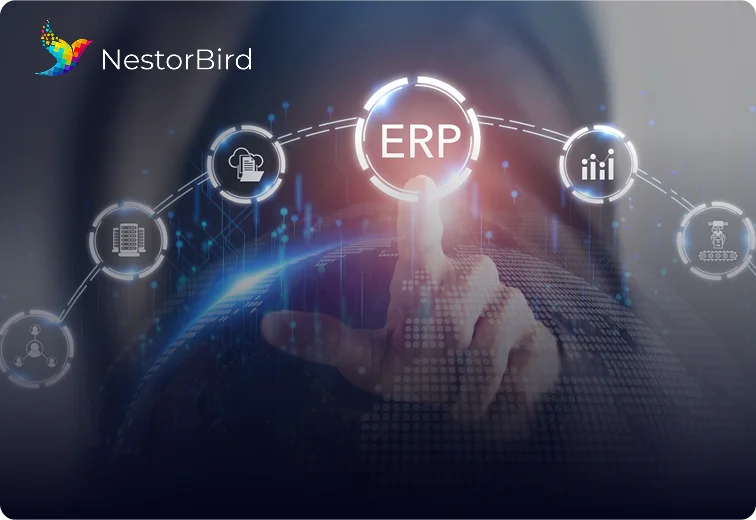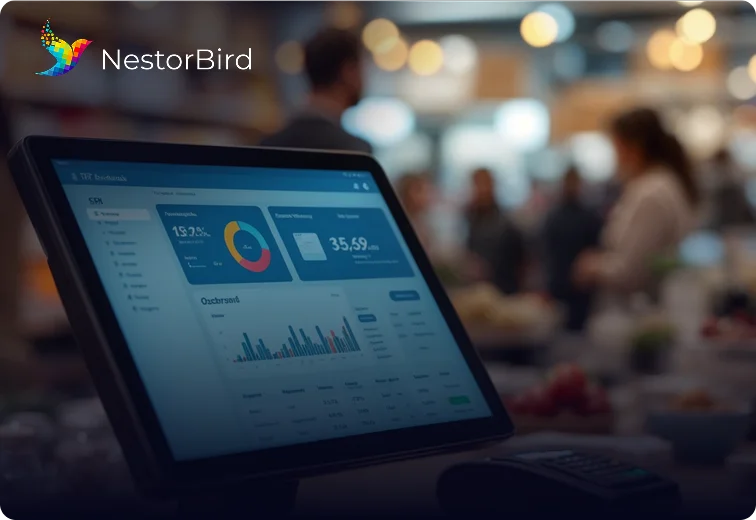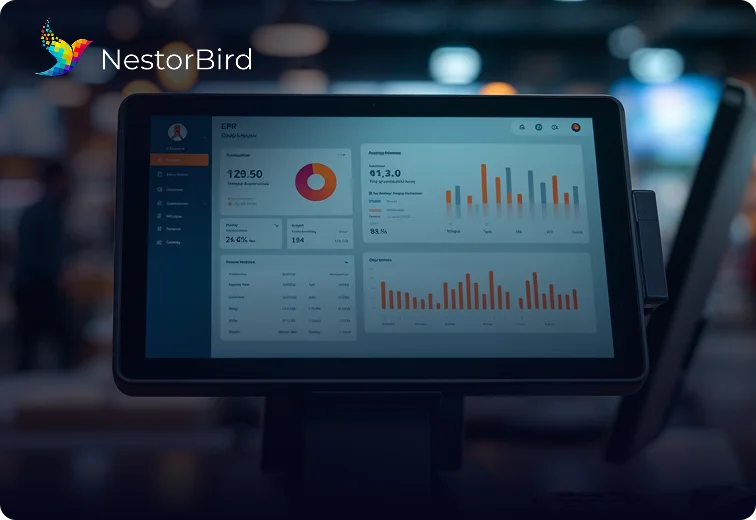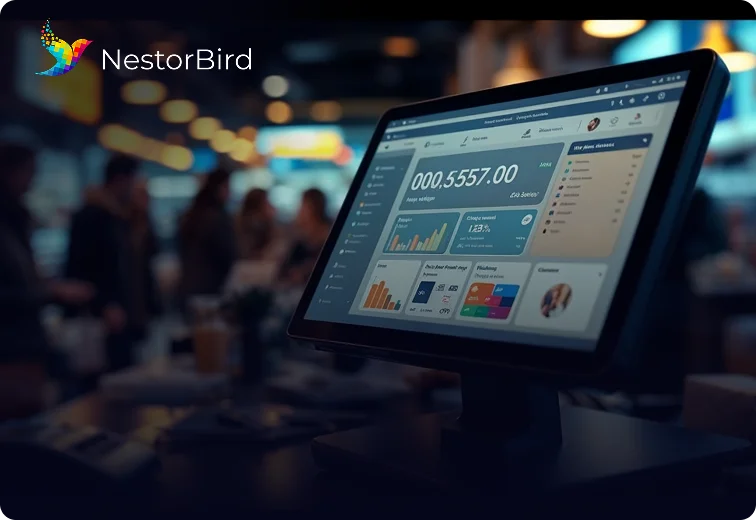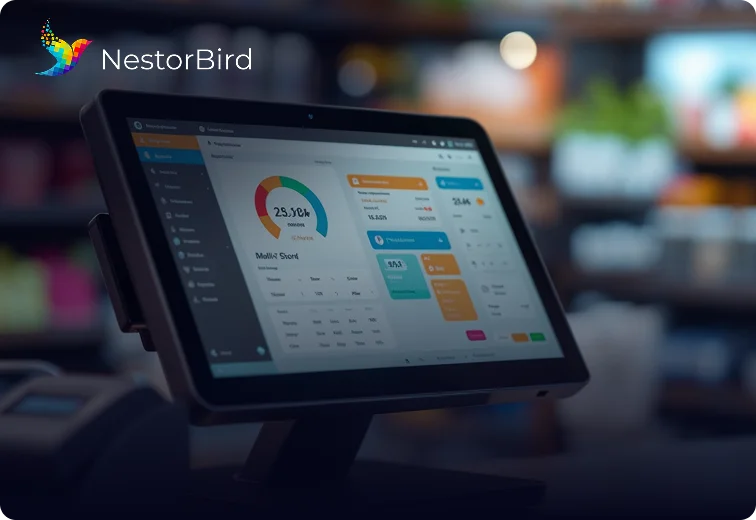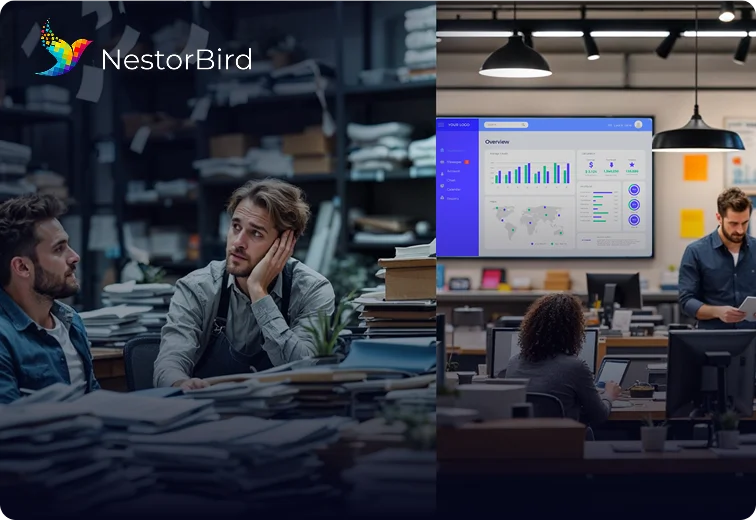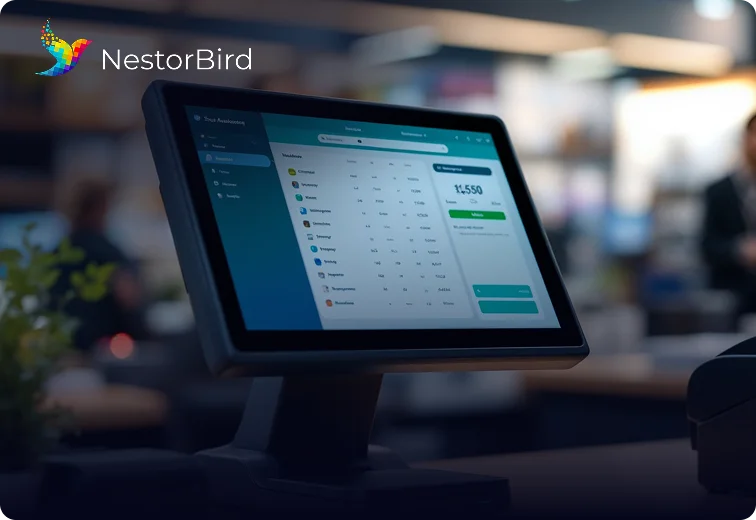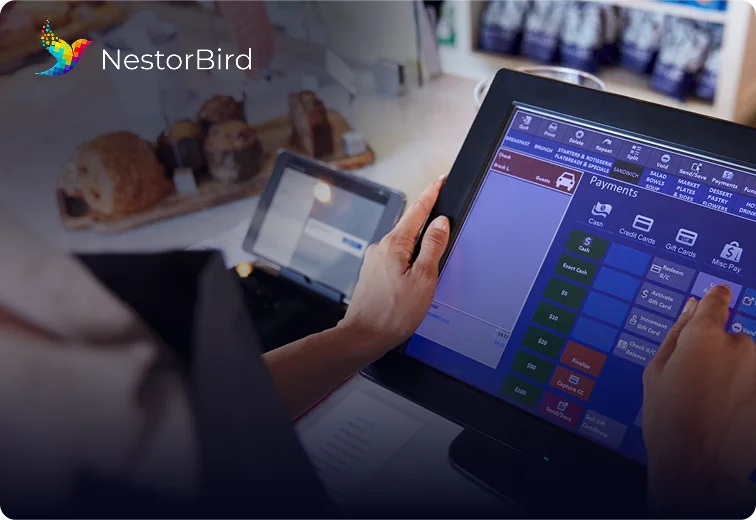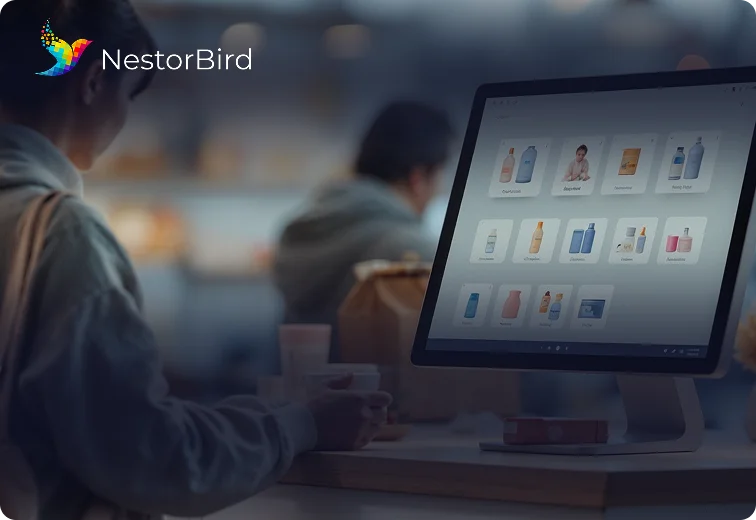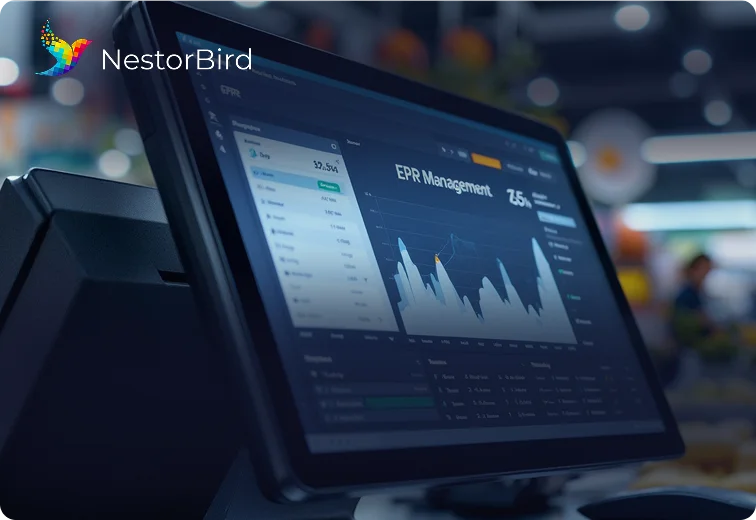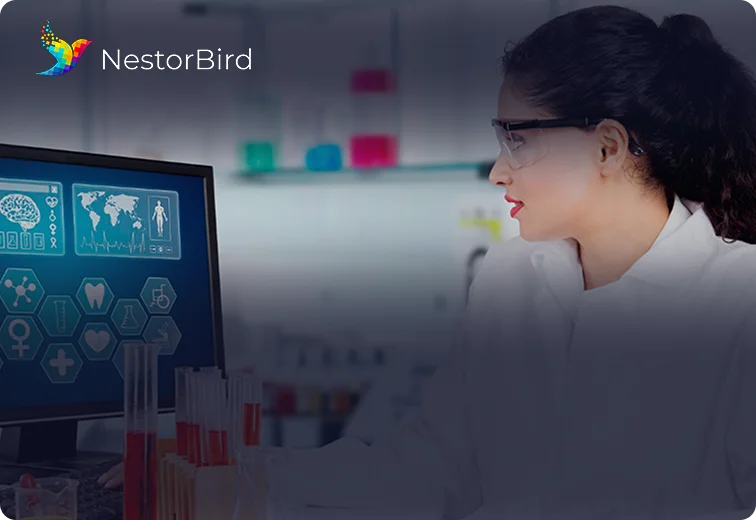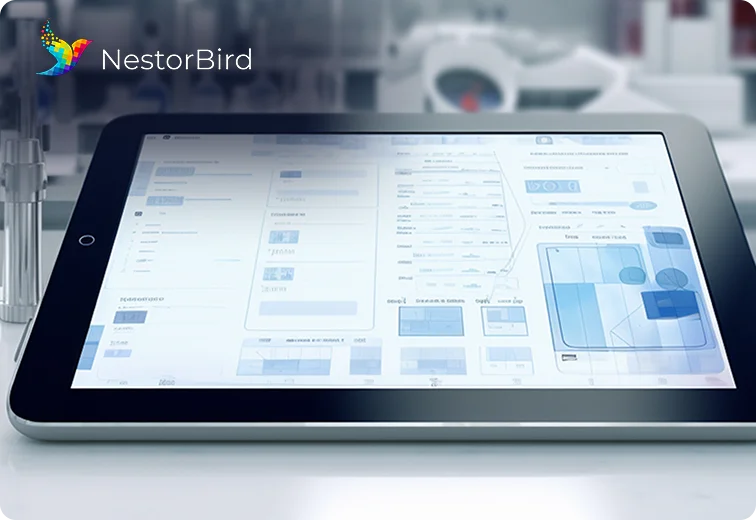Introduction
Choosing the best ERP software is crucial if you want to automate business processes. You want something that highlights your company’s ideals while streamlining your processes. Not all cloud ERP options are created equal; whether it’s a single-tenant ERP housed on a cloud server or a multi-tenant ERP delivered as a SaaS model, how your cloud ERP system is hosted and maintained influences your expenses and options. That is, it is dependent on what you require from your ERP module.
Statistics Related to Cloud ERP/ SaaS ERP
There are various statistics related to Cloud ERP as well as SaaS ERP. Let’s reveal them one by one:
- According to a worldwide study of ERP customers, 64% of organizations utilize SaaS, 21% use cloud ERP, and only 15% use on-premises ERP.
- On-premise solutions are typically 30% more expensive than cloud-based solutions.
- According to a worldwide study of ERP customers, 64% of businesses utilize.
- SaaS, 21% use cloud ERP, and just 15% use on-premises ERP.
What Is Cloud ERP?
ERP (Enterprise Resource Planning) software in the cloud is a complete business software solution that centralizes data supplied by a company’s different departments. Traditional ERP software operates on business servers and networks, whereas Cloud-based ERP software runs on the internet
Advantages of Cloud ERP
While installing an ERP on-premises may be preferable for some businesses, you should be aware that using the cloud may sometimes quadruple the benefits of resource planning software.
- They’re simple to set up and operate
Unlike traditional ERP solutions, Cloud-based ERP systems are designed for speed and a simplified user experience.
- Functionality of Software
Working in a cloud-based environment makes it simple to construct and develop a high level of integrated functionality and swiftly add more users to the system.
- Implementation
Some companies are still hesitant to store financial data on the cloud, citing security concerns as a primary reason. While some may consider this a drawback of cloud ERP for small business, cloud-based Software’s security is frequently more significant than on-premises ERP systems.
Disadvantages of Cloud ERP
There are early adopters and late bloomers when new technology is introduced. Without further delay, let’s dive deeper into the disadvantages of cloud ERP:
- Limited customizations
The cloud products are growing more flexible with each iteration. This implies that features that were previously deemed modifications are now available as standard. However, on-premise.
- Product Suites are limited
Most cloud solution providers specialize in specific applications, such as human capital management or financials.
What Is SaaS ERP?
SaaS (Software-as-a-Service) ERP is a system hosted and maintained by the ERP provider and accessed by end-users over the internet. If you’re looking for an Enterprise Resource Planning (ERP) system, you should know that there are two basic deployment types for ERP systems.
Advantages Of SaaS ERP
Through Software as a service appears to be a highly reasonable solution for most firms, several drawbacks must be addressed. We’ve compiled a list of some of the disadvantages of SaaS development.
- Ease of accessibility
It is simple to use the Software as a service application. To access and utilize the cloud-hosted applications, you need a computer and a reliable internet connection.
- Innovation
It’s typical for businesses to seek additional features from their ERP platforms, but many put off upgrading because “now isn’t the proper time.” Upgrades are, however, easier with SaaS than with on-premise ERP.
- Strongly Resilient
Because your IT infrastructure and data are installed and kept in the service provider’s cloud storage at a remote location. Any damage or disaster to your business premises may be promptly resolved.
Disadvantages Of SaaS ERP
Today, an increasing number of businesses are reconsidering their position, deciding that the benefits of SaaS exceed the perceived risks.
- Data Mobility Is a Pain
In the Online ERP software as a service business, startups abound, but many lack the essential skills to flourish in such a competitive climate. Transferring your company’s vital data from one service provider to another becomes a complex undertaking in the event of a breakdown or if you wish to change your service provider.
- Inadequate Data Security
This is one of the most common worries among businesses considering a SaaS ERP. Identification and access control must be resolved before committing your company’s sensitive data to any third-party service provider.
Cloud ERP Vs SaaS ERP -Which Is Best For You?
Compared to the traditional hosted paradigm, cloud-based ERP solutions offer a cheap deployment cost. There is no hardware setup required, so the application may get up and running right away without causing any system downtime for the company. Server maintenance is no longer necessary, relieving the IT department of a burden.
Why Go For NestorBird ERPNext?
With open source NestorBird ERPNext, you can consolidate all of your data into a single, exclusive platform for intelligent business solutions. Streamline your day-to-day business processes, such as planning and administration. You may rebuild and tweak internal processes to your business style with this configurable open-source ERPNext Software.
ERPNext Software is a one-stop-shop for all your business needs, including:
- Inventory
- Finance
- CRM
- Selling
- Buying
- Human Resources
- Project Management
- Customer Services
- Asset Management
Please feel free to contact NestorBird at [email protected] or Call/SMS/Whatsapp at +91-9878990102 to book a free demo today!


